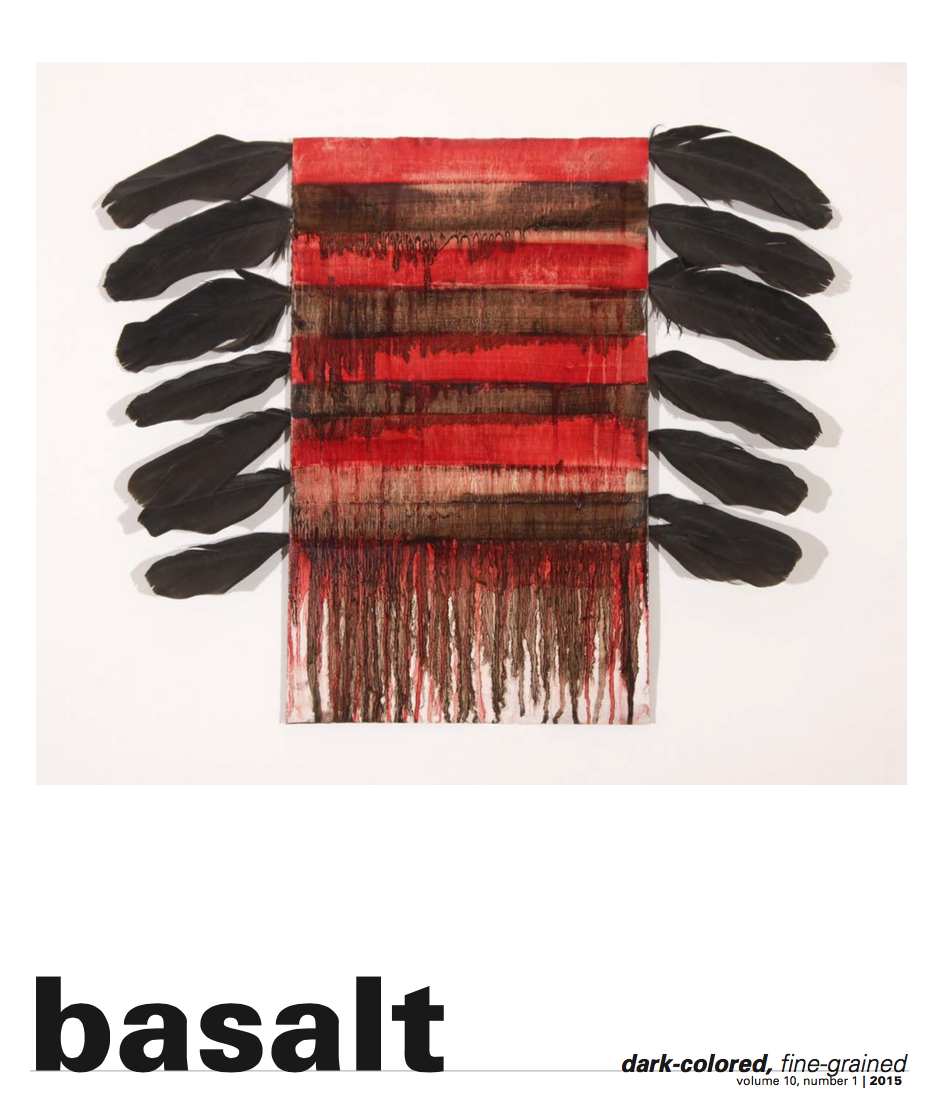Review of The Captain Asks for a Show of Hands by Nick Flynn
The Captain Asks for a Show of Hands by Nick Flynn
Graywolf Press (2011) $22
Reviewed by James Crews
One reads Nick Flynn’s newest book of poems—his first in almost a decade—and emerges from the broken narratives and fractured voices with a host of nagging questions. And then the reader wonders: Is this frustration what the author really intended? Perhaps it was in a quest to veer away from the strategies and accomplishment of his previous two volumes, Some Ether and Blind Huber, that Flynn makes such puzzling choices. For instance, instead of just line breaks (which would have been more effective), many of the poems throughout The Captain Asks for a Show of Hands use backslashes. This is how the book begins:
The thin thread that hold us here, tethered/ or maybe tired, together, what/ do you call it—telephone? horizon? song? Listen/ to yourself sing, We are all god’s children/ we are all gods, we walk the earth . . .
The piece is called “haiku (failed)” and so the slashes might suggest the poet’s “failure” to fully locate these lines in a safer, unbroken lyric form. But why not revert to simple prose or forego punctuation altogether, (as he does in other places) which is itself a kind of binding system? Several poems also borrow lines and titles from other poems and popular songs, so in light of this, it’s tempting to read the “slashed” poems as transcriptions of song lyrics—even though it adds nothing to the work itself. One hates to knock a book for its idiosyncrasies, but when a writer forces a reader to struggle with why she or he has made such seemingly offhand choices—and a reasonably patient reader can’t come up with an answer—we have to conclude that the result is little more than flourish.
真的吗
back home, capt’n, I was always on
lookout, any
bridge, any ledge I could
dive from, the highest point
to throw my body off
of—bridge, quarry, waterfall
部
In the first section of “air,” for example, we feel the regret and deep need for forgetfulness in one complicit soldier:
we put them in cages they don’t like the cages
we put them in cells they pray
I swim in the palace it rains from the sky
the pool between palm trees & wall
the air in the cells is poison they claim
the air in the cages is dust
I sink to the bottom to see what it’s like
a grave in the air where you won’t lie too cramped
These are vivid, haunting lines, but then the second part of the poem starts with:
space monkey, suffocation
roulette—super-
cali-fragilistic-hyperventilation,
super-cali-fragilistic-cali-
fornication
Fl
That night, in the tent, one
on each side,
the photographer
lifted the ground. The next day
to Garso, a cold tank of
water (sometimes
with ice), they were going
& coming
& then they went
back—I tried to find myself
all night
And now, the real testimony of one Abu Ghraib detainee:
Then I went to Abu Ghraib for twenty-two days. There is one other thing that happened at Garso but I cannot talk about it. I did not have a beard. I even enjoy drinking. I am not a religious man. That night in that tent they put bombs between my legs, and rifles around me. Two. One on each side, and then the photographers took pictures. The bomb was real. Then they started asking me questions. They put a rope around my right wrist and tied the rope around a pipe and lifted me off the ground by this arm for three hours. I still have problems lifting my arm. The next day they took me to Garso. There they put me in a hole with water. Next they took my clothing. They would take us at four in the morning and put us in a cold tank of water, sometimes with ice. They were hitting us and beating us, going and coming, and then they went back to their cells in cold wet clothes. I tried to find a way to kill myself. This was for six nights.
The testimony clearly speaks for itself. Though it’s impossible not to feel sympathetic toward what this book is trying to provide—since we do need more fearless artists and writers willing to confront our country’s transgressions and failures—The Captain Asks for a Show of Hands constitutes a poetry of witness from which all the witness has been cut. Yes, this is what governments and leaders do: they black out and suppress information and the voices of the oppressed so that the scraps of truth with which we’re left no longer resemble anything so much as flawed fiction. We expect more of our poets—or ought to; if not beauty, then we hope to read the whole truth and nothing but.
